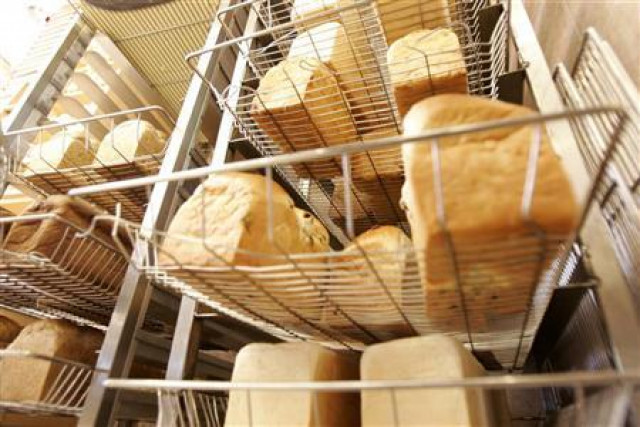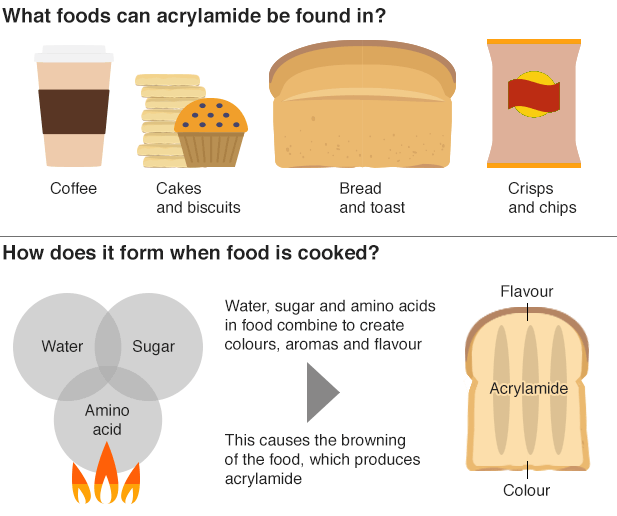Browned bread, chips 'may' cause cancer, UK officials warn
Research undertaken on animals has revealed that the chemical is toxic to DNA and causes cancer

Freshly baked bread cools off on the racks at a downtown bakery in Taipei July 19, 2007. PHOTO: REUTERS
Cooking starchy foods for long at high heat produces Acrylamide, which may lead to cancer. The UK's Food Standards Agency (FSA) has advised sticking to cooking instructions and avoid browning on this account. On the other hand, Cancer Research UK has said the link was yet to be established in humans.
Food innovations: ‘Technology vital for agricultural growth’
The chemical can be found in many eatables. High-starch foods such as crisps, bread, cereals, biscuits, cakes and coffee that have been cooked at great temperatures are rich in Acrylamide.
 PHOTO: FOOD STANDARDS AGENCY
PHOTO: FOOD STANDARDS AGENCYWhat's the risk?
Research undertaken on animals has revealed that the chemical is toxic to DNA and causes cancer. Scientists assume the same to hold true for humans.
"We want our campaign to highlight the issue so that consumers know how to make the small changes that may reduce their acrylamide consumption whilst still eating plenty of starchy carbohydrates and vegetables as recommended by government healthy eating advice. Although there is more to know about the true extent of the acrylamide risk, there is an important job for government, industry and others to do to help reduce acrylamide intake," Food Standards Agency Director of Policy Steve Wearne said.
For the love of food : Karachi, it’s nearly time to eat
"To be on the safe side, people can reduce their exposure by following a normal healthy, balanced diet - which includes eating fewer high-calorie foods like crisps, chips and biscuits, which are the major sources of acrylamide," Emma Shields of Cancer Research UK said.
This article originally appeared on BBC.



















COMMENTS
Comments are moderated and generally will be posted if they are on-topic and not abusive.
For more information, please see our Comments FAQ